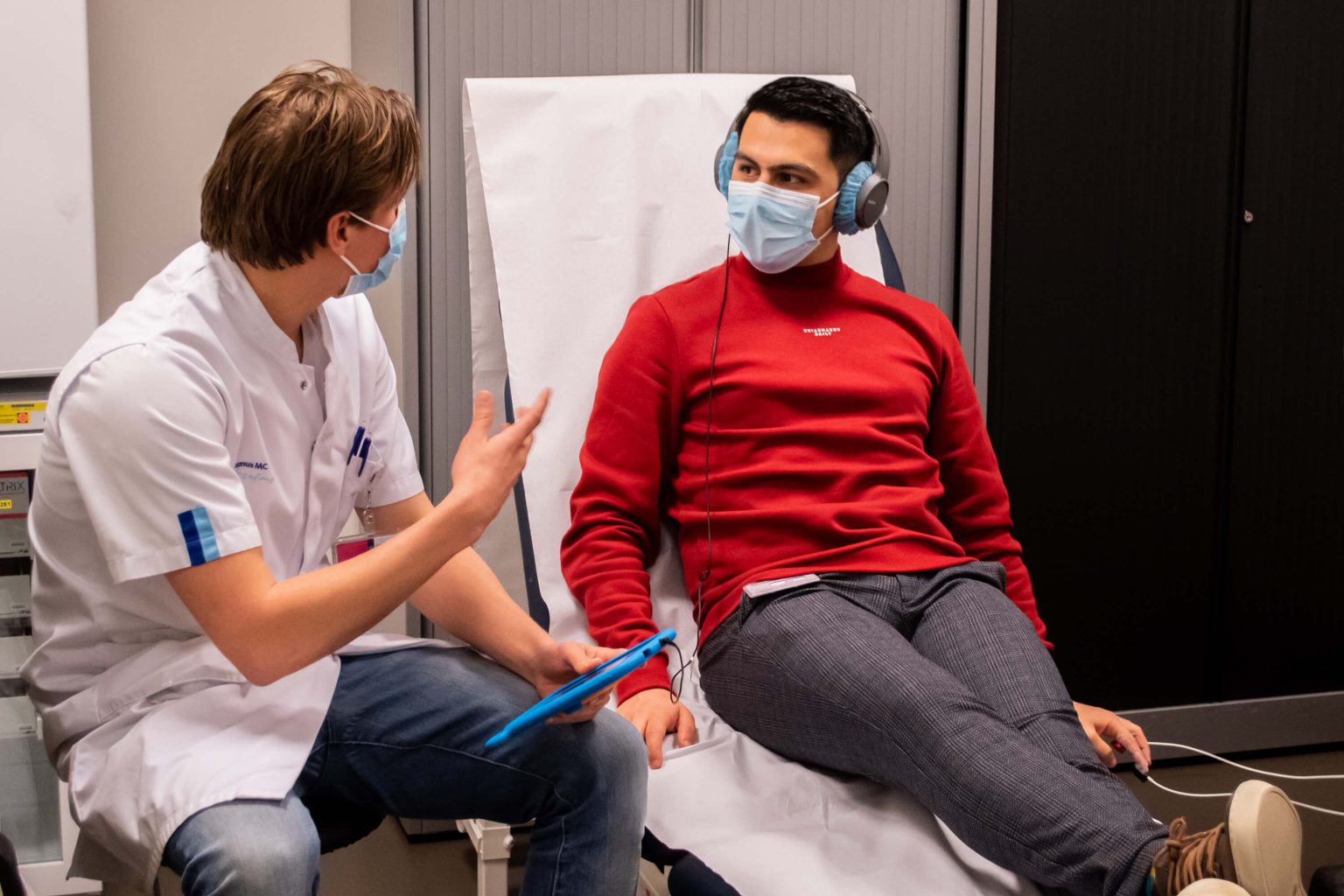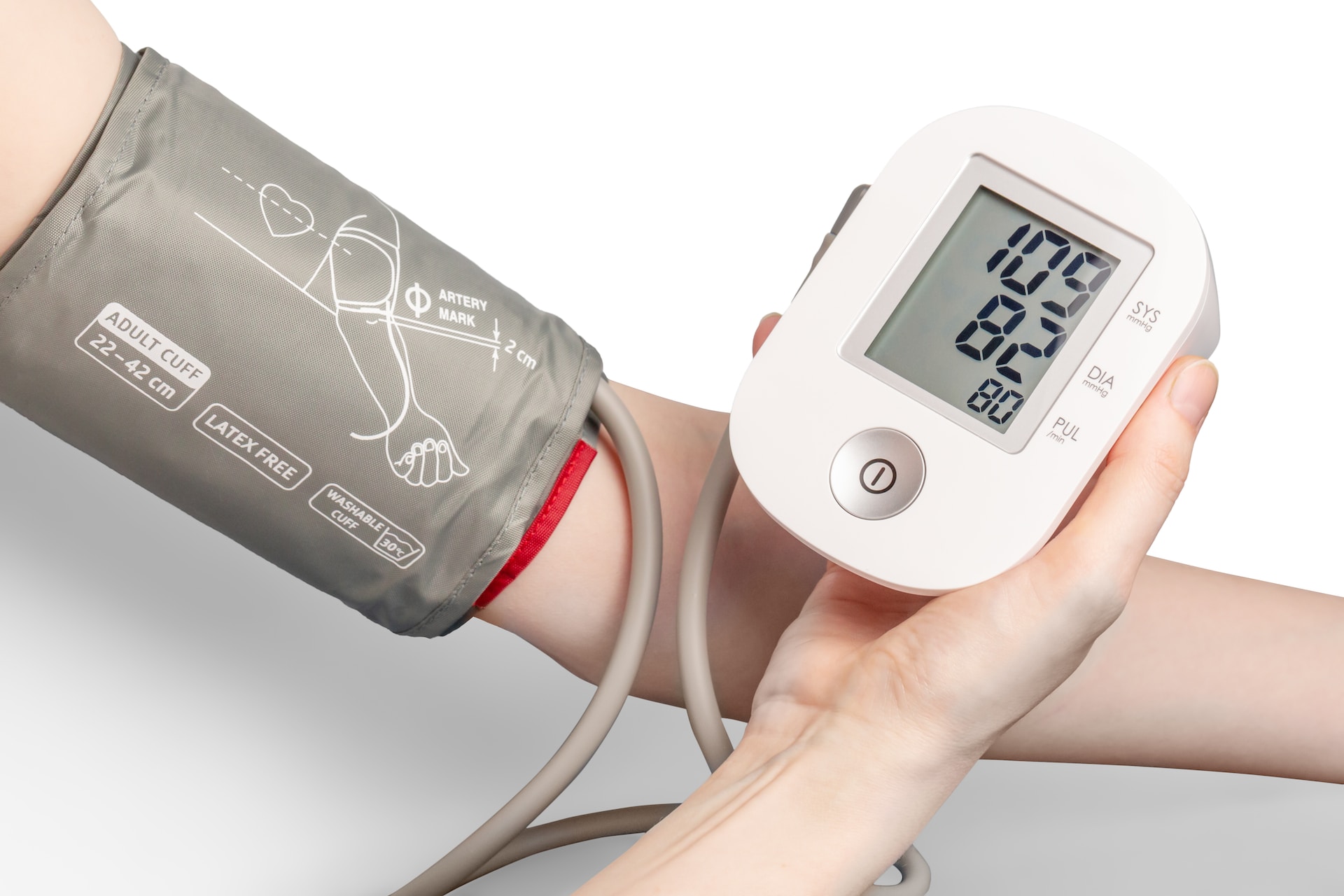A common complaint in stress, fatigue, and burnout, not directly associated with stress, is dizziness. It is very unpleasant if you frequently feel light-headed, occasionally lose your balance, or feel like fainting. Dizziness is often accompanied by nausea and sometimes headaches.
Dizziness is not always caused by stress and may have another medical cause. Therefore, it is always important to have the cause of dizziness examined by your (family) doctor. If nothing is found in the examination, it is often concluded that dizziness is caused by overexertion or stress.
In balance or out of balance?
An important organ for regulating balance during movements is the vestibular system. Your brain constantly receives information about the space around you and the position of your body through the eyes, ears, muscles, and the vestibular system. The brain processes this information and ensures that the muscles are controlled in such a way that you stay in balance. Normally, the brain can make a good interpretation of the information sent by the various organs.
When the brain cannot process the information well, due to discrepancies in depth, speed, distance, and balance, the feeling of dizziness arises. It may be that something is wrong with one of the sources of information. For example, reading in the car can cause the information the eyes gather not to match the information from the vestibular system, making you motion sick. Disorders in the vestibular system can also cause dizziness on their own.
Other situations that can cause dizziness are:
- Standing up too quickly from a lying or sitting position
- Low blood pressure
- Low blood sugar
- Migraine (occurs with forms of dizziness)
- Side effects of medication
- Intense exercise
- Oxygen deficiency
- Circulatory disorders
- Ménière’s disease
- Problems in the vestibular system
- Stress or overexertion
We recommend always consulting a doctor to rule out possible causes before assuming that stress is the cause.

Dizziness Due to Stress
Dizziness is an incredibly unpleasant sensation. Since dizziness can interfere with your daily activities, it often leads to stress itself. Thus, dizziness can be both a cause and a result of stress. The challenge is that you can end up in a negative spiral, where the symptoms worsen.
Stress is a survival mechanism designed for threatening situations, allowing us to fight or flee in emergencies. Short-term stress is not an issue. Nowadays, we experience stress not only in life-threatening situations but also in psychosocial problems. Chronic stress is therefore a lurking threat, potentially overwhelming your stress system and nervous system (including the brain).
When this happens, you become more sensitive to stimuli and signals. Stimuli can hit the brain more intensely, and the brain may struggle to process this information correctly. Dizziness can simply be the result of an overload of information in the brain.
In addition, chronic stress can induce dizziness through the following physiological processes:
- Stress can negatively affect the eyes, leading to dizziness.
- Stress can cause and exacerbate issues with the vestibular system.
- Stress can result in improperly controlled breathing, leading to dizziness.
Dizziness and Breathing
Breathing is a process normally perfectly regulated by the nervous system. You inhale just enough oxygen and exhale an appropriate amount of carbon dioxide. An imbalance in the nervous system, caused by chronic stress or overload, can lead to incorrect breathing. In such cases, we often breathe too much, known as hyperventilation (Hyper = too much, ventilate = breathe).
Hyperventilation causes us to exhale too much carbon dioxide, with unfortunate consequences for the body. One of these consequences is the narrowing of blood vessels, reducing blood flow to the brain and other organs. Ultimately, this can lead to dizziness.
How can we alleviate (stress-related) dizziness?
If investigations reveal that dizziness has no other medical cause and is likely caused by stress, it is possible to influence and alleviate it. Adopting a healthy lifestyle can help reduce dizziness. Ensure you get enough exercise, eat healthily, avoid smoking or excessive alcohol consumption, and prioritize sufficient sleep and relaxation.
If dizziness is a result of an overloaded stress system or a dysregulated nervous system, it’s essential to take the right steps to allow these systems to recover. At BioCheck, we achieve this by stimulating these systems in specific ways:
- Cardio training at the right level helps bring the body into balance.
- Breathing exercises teach the body to relax and recover from exertion.
As the body gradually returns to balance, it is possible for dizziness to diminish and eventually disappear.





